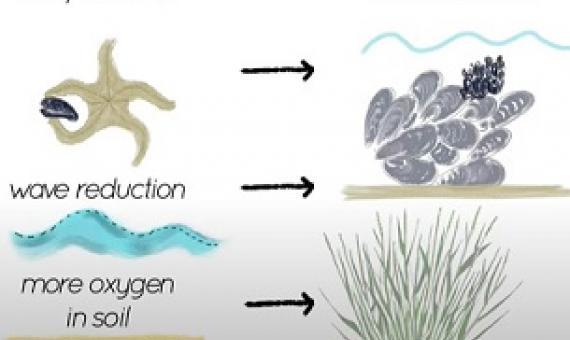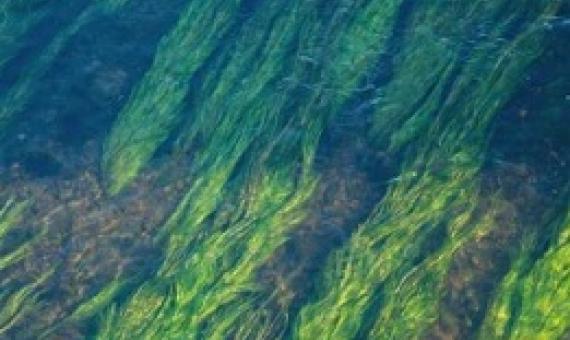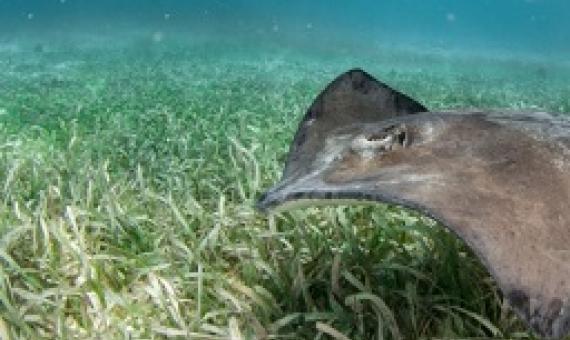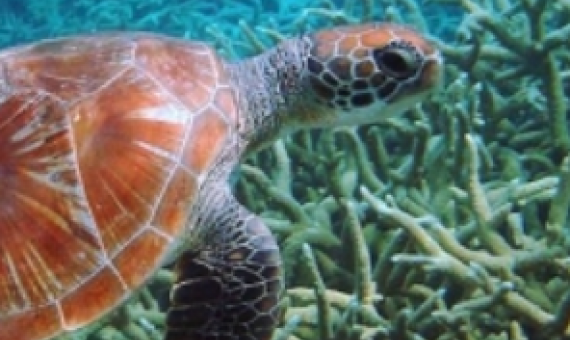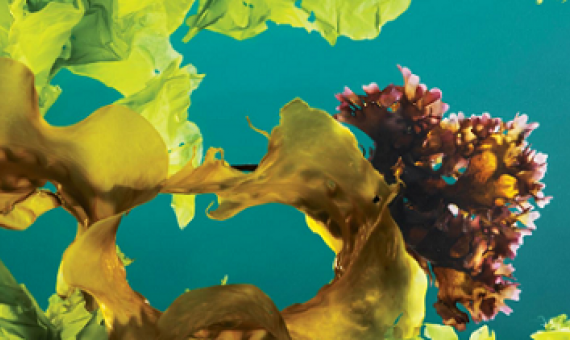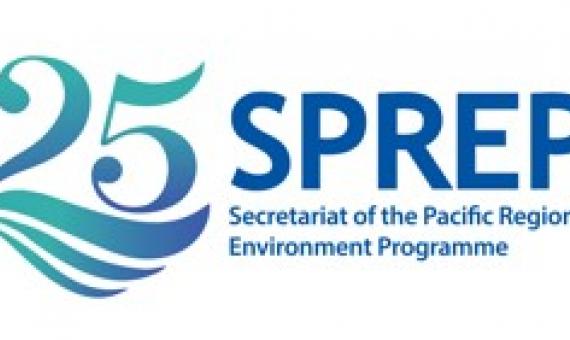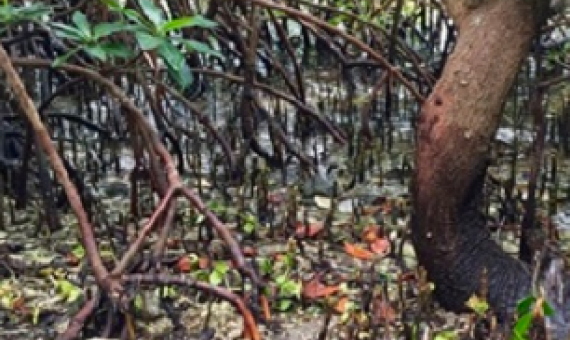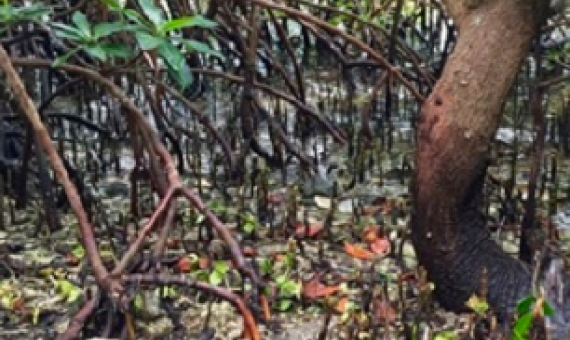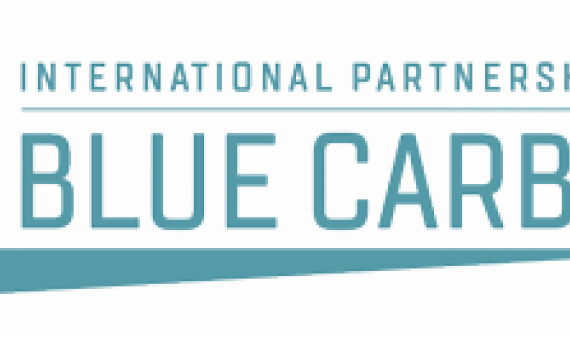Coastal ecosystems are very important.They provide a habitat for many plant and animal species, capture CO2, and protect the land from storm waves. Coastal ecosystems are in rapid decline around the world. Restoring them is very expensive and is often unsuccessful.
Seagrass meadows can be a powerful nature-based climate solution and help sustain communities hard-hit by stressors such as the COVID-19 pandemic, but these important ecosystems continue to decline.
In the coastal waters across much of our planet are meadows of seagrass that are critical to the health of our ocean. Seagrasses evolved millions of years ago when flowering plants on land took up residence in the sea.
Palau's Marine Protected Areas (MPAs)
Data on Palau's Marine Protected Areas (MPAs) including information on Ecological conditions of coral-reef and seagrass for marine protected areas in Palau
A new QUT-led study has developed a statistical toolbox to help avoid seagrass loss which provides shelter, food and oxygen to fish and at-risk species like dugongs and green turtles. The paper describes key monitoring and management designs to maximise seagrass resilience to human activitie
Farming seaweed, then sinking the mature plants to the bottom of the ocean, could be an effective way to fight warming. So why don’t we do it?...That’s because these forests are underwater.
SPREP would like to call for tenders from qualified and experienced contractors/consultants/scientists to carryout adaptation actions in Kiribati (Nanikai, Tarawa Atoll). Click on the link below for further details.
There is increasing scientific conviction that blue carbon is one of the cheapest options for carbon capture.
A comprehensive analysis of more than 11,000 previous coastal-habitat measurements suggests that mangroves and seagrasses provide the greatest value as “nurseries” for young fishes and invertebrates, providing key guidance for managers of threatened marine resources.
The International Partnership for Blue Carbon (IPBC) – together with the Pacific Islands Forum Secretariat-Office of the Pacific Ocean Commissioner (PIFS-OPOC) – is hosting two blue carbon events at the PIFS campus in Suva, Fiji, this September: the IPBC’s third annual meeting and a Pacific blue

